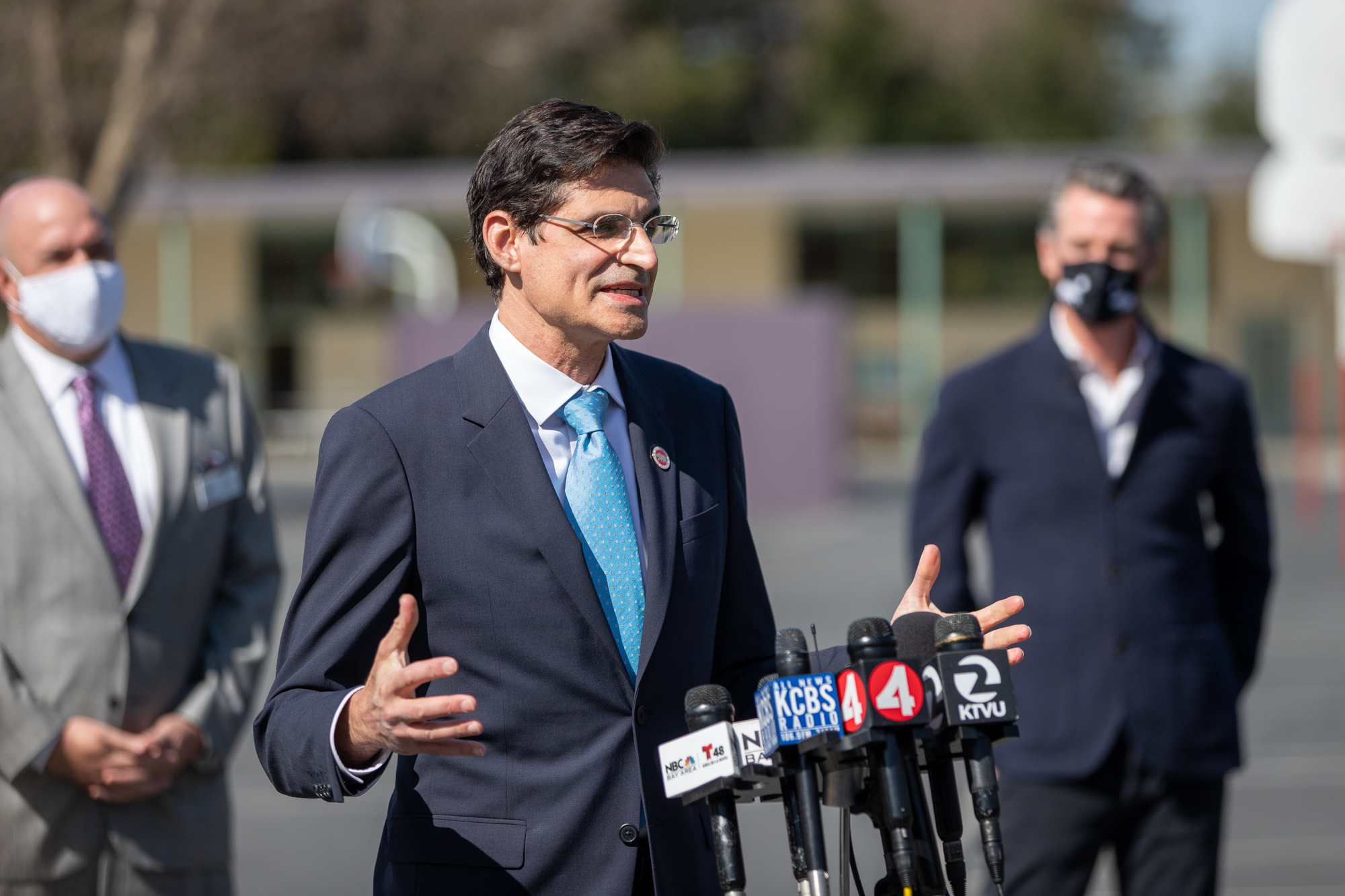With the state Senate hitting its deadline for passing bills this week, Sen. Josh Becker, D-Menlo Park, saw his legislation on renewable energy, carbon renewal, data privacy and prison canteen costs all clear the upper chamber over the past week.
But Becker's support was conspicuously absent on the year's most contentious housing bill of the current session, Senate Bill 423, which would extend and modify the 2017 law that created a streamlined approval process for housing development in communities that had failed to meet the state's housing mandate.
Authored by state Sen. Scott Wiener, D-San Francisco, SB 423 is a successor to SB 35, also authored by Wiener. It extends the streamlining provisions until 2036, adds various new provisions pertaining to labor standards and removes exemptions for coastal areas. Palo Alto is among the cities that have formally opposed the bill, which cleared the Senate by a 29-5 vote. Becker, who abstained from voting, said in an interview he did not support the bill because it does not address the true barrier to building affordable housing: insufficient financing.
He noted that most of the cities in his district have met or exceeded their goals for total housing units in the last Regional Housing Needs Assessment cycle, which concluded last year, even as many fell well short when it comes to below-market-rate housing. The key to building more affordable housing is more investment of state funds, he said.
"Instead of removing local control over planning decisions, California needs to provide the financial support needed to ensure that critically needed affordable housing can be built," Becker said in an interview. "SB 423 doesn't help get us there."
Becker was one of six Democrats who did not vote on SB 423, which easily cleared the Senate despite their lack of support. Both the Senate and the Assembly have until June 2 to pass all legislation in the current session before the bills move to the other chamber.
While Becker was in the minority on the housing bill, he found plenty of support for his legislation on climate change. Among the bills that cleared the Senate is SB 410, which aims to address delays by PG&E in hooking up customers to electricity -- a key obstacle at a time when the state and cities are looking to electrify homes and vehicles. The legislation, SB 410, got through the Senate on May 24 by a 32-8 vote.
Also clearing the Senate was SB 420, Becker's bill that would make some transmission projects eligible for expedited environmental review. The bill would also charge the governor with monitoring development of clean energy and transmission facilities and identify the projects that would be necessary to maintain reliability and meet the state's targets for clean energy. SB 420 passed 40-0 on Wednesday.
Becker's privacy bill, SB 362, moved ahead by a 32-8 vote, with Republican opposition. Known as the Delete Act, the law would require data brokers to disclose the types of personal information they collect to the California Privacy Protection Agency. The agency would also create a way for residents to request that data brokers delete their personal information. Those that fail to do so would face civil penalties and administrative fines.
Becker said the goal is to create something like a "do-not-call list" for data collection. Because of the vast amount of data that is being collected, it's currently very difficult for consumers to determine what's being collected and control it.
"If you're motivated enough to go to 450 different sites and try to figure out how to manage the information, you can do it, but this will require data brokers to list what information they collect and the idea is to create a one-stop shop," Becker said.
His proposal to limit price gouging at prison canteens also advanced this week. The bill, SB 474, would prohibit the sale prices of items sold in prison canteens from exceeding 10% above the amount paid to vendors. The bill got through the Senate on May 24 by a 34-5 vote.



Comments
Registered user
Monta Loma
on Jun 2, 2023 at 9:46 pm
Registered user
on Jun 2, 2023 at 9:46 pm
Why can't our representatives change the laws for recalling a California governor.
What a waste of money, taxes and resources.
How much was spent on the California recall election?
One estimate: Nearly half a billion dollars. In adding up the recall's price tag, including state costs and campaign spending, a Sonoma State University professor said the total was at least $450 million.-per google